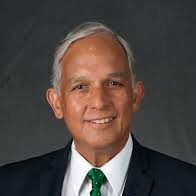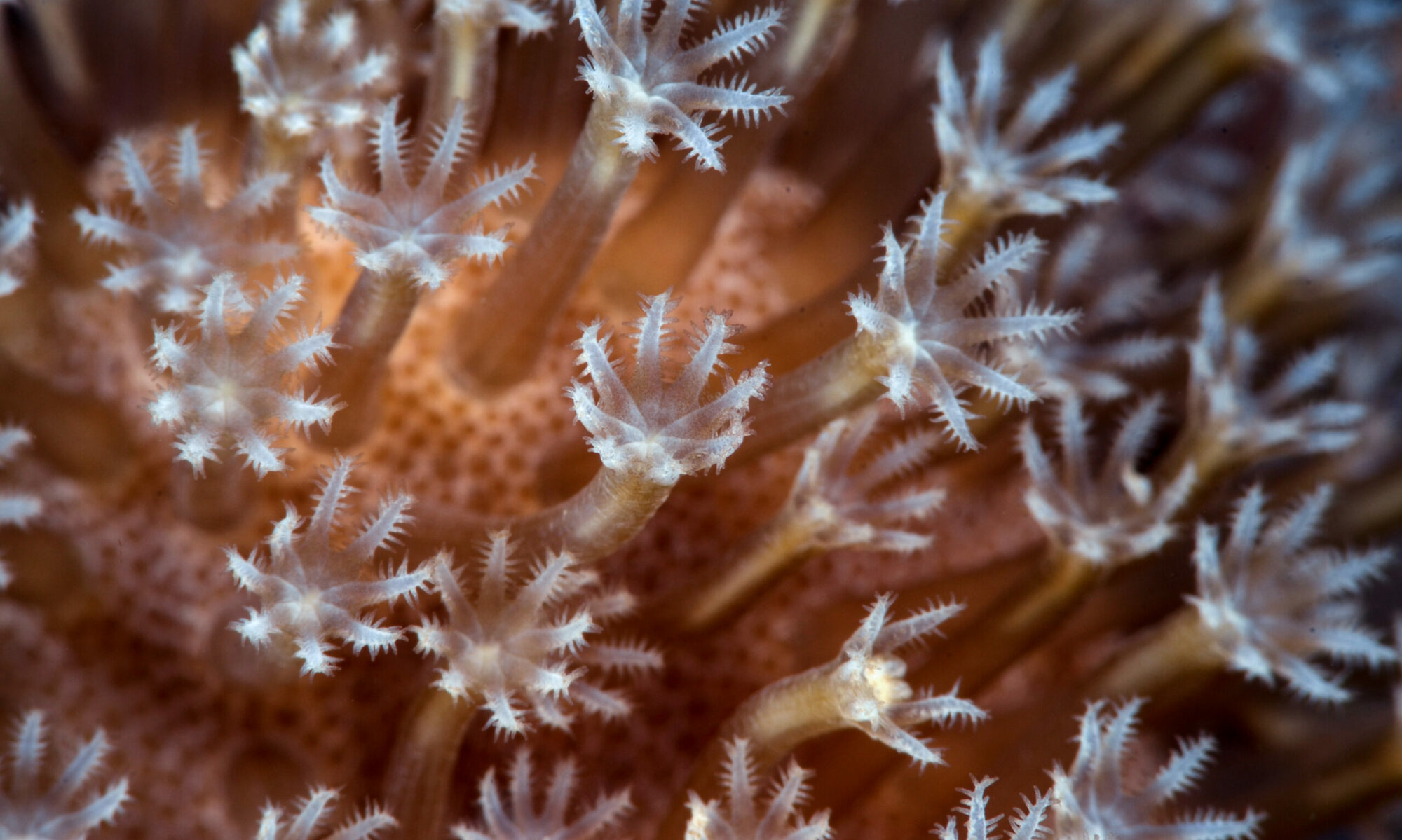
At the first University of Guam- Established Program to Stimulate Competitive Research (EPSCoR) Science and Technology (S/T) committee meeting of 2023, members discussed ways to enhance the island wide S/T plan by examining existing state blueprints as a model/guide.
The S/T committee has been tasked with developing the island’s Science and Technology plan within the next few months. The committee’s primary focus areas are carbon offset, aquaculture, renewable energy, health care, among others.
UOG President emeritus and committee vice-chair Robert Underwood presided over the meeting. He cited several interesting elements from other state plans, specifically, how components are aligned with the established economic activity as well as the higher education research agenda in the area.
In the case of Maine, for example, he said the local lobster industry saw an economic boost through the collaboration of private sector/business support and research activities.
While the state plans provide a helpful reference, Underwood stressed the importance of developing a set of Guam-specific indices for evaluating the island’s knowledge economy as the committee creates its own plan.
“As we write our Science and Technology plan, we want to put in some benchmark upon which we can evaluate the island and ourselves on whether we are truly moving toward a knowledge economy,” Underwood said at the meeting.
Underwood recommended using the Milken Institute’s State Technology and Science Index (STSI) as a reference. The institute developed the STSI to provide a comprehensive review and ranking of the knowledge economies of all 50 US states. The territories are not included in the report.
According to Underwood, some states use the report as a basis for triangulating progress and even for supporting entrepreneurial startups. The report measures state progress using the following subindexes: research and development inputs, risk capital and entrepreneurial infrastructure, human capital investment, technology and science workforce, and technology concentration and dynamism.
Additionally, the meeting highlighted several accomplishments made by committee members to address the priority challenge areas.
Melanie Mendiola, GEDA administrator, and committee co-chairperson, provided an update on the Guam Comprehensive Economic Development Strategy for 2020-2025 (Guam CEDS), adopted by the Office of the Governor.
The Guam CEDS includes a range of community and research-based initiatives, including circular economy and STEM-related projects, and other technology projects.
In previous meetings, the S/T committee explored methods for addressing its priority challenge areas by accessing recently opened resources to support community recovery during the pandemic.

